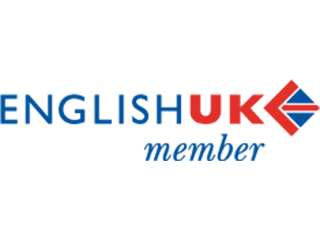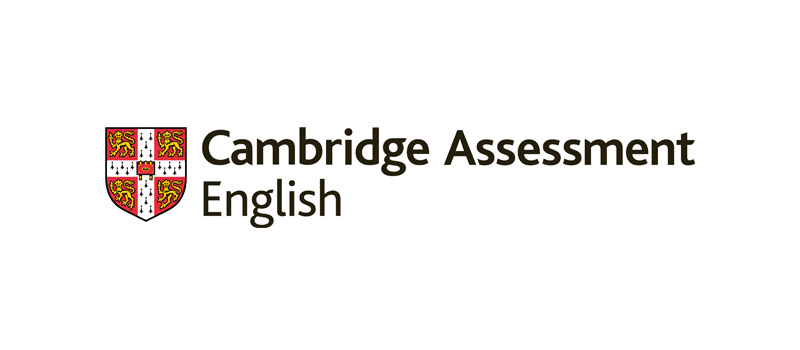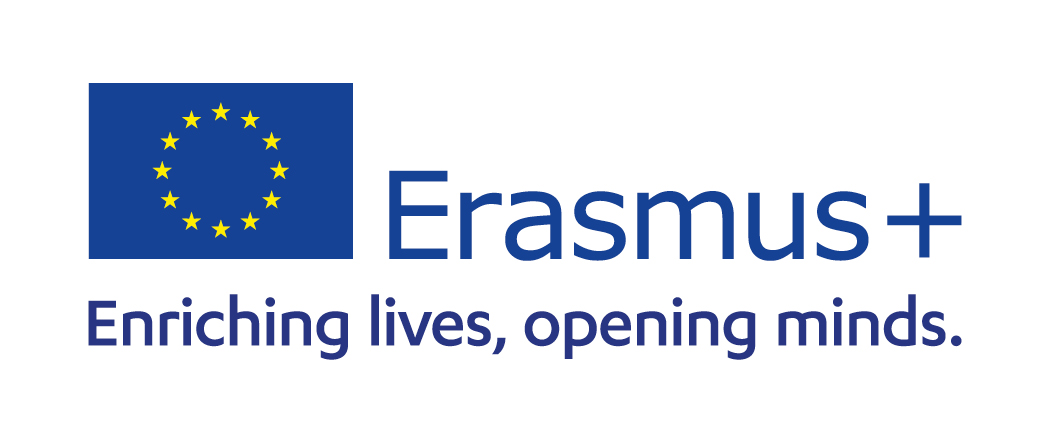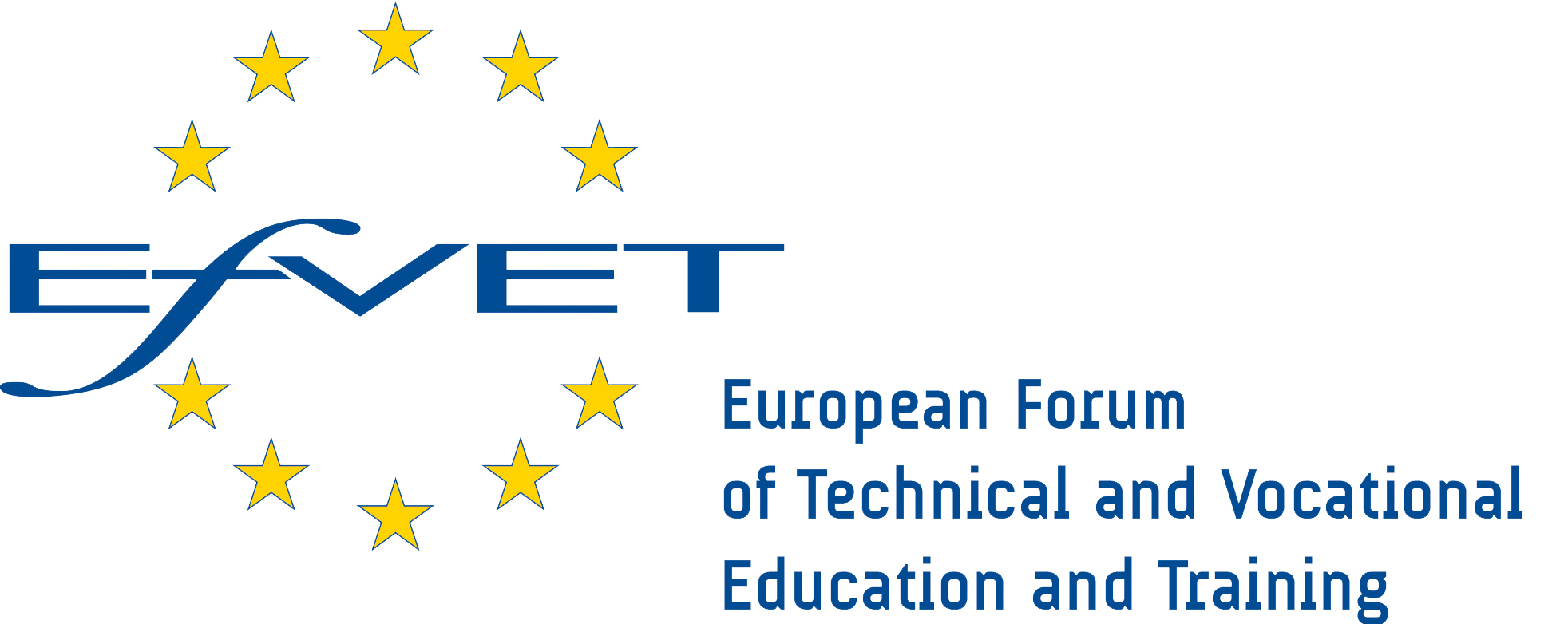What’s the difference between CELTA and TEFL?
When embarking on a career in teaching English abroad, the first thing you will probably realize is there are so many different options out there! Therefore, it can be difficult to know what to look for when choosing a qualification in teaching English as a Foreign Language (EFL). So, what’s the difference between CELTA and TEFL, and which will get you a better job?
What is CELTA?
The CELTA (Certificate in English Language Teaching to Adults), is an internationally recognised qualification in teaching English as a foreign language. It is usually regarded as the most prestigious TEFL-related qualification to have because it requires in-class learning and teaching practise and takes one month to complete. In addition, it is accredited by Ofqual (UK exam regulator).
A key factor of the CELTA is you undertake hands-on teaching experience – something which can only be taught by those who are CELTA-certified. If you are after a high quality course, the CELTA might be the course for you.
Overview
- Hours: 120 hours
- Duration: 4 weeks, Monday – Friday (full time, classroom based)
- Delivery: Face-to-face/classroom based. However, some providers do offer online and combination courses, although these are less popular options.
- Cost: Varies from provider, on average it costs around £1,400 (£1250 at Foyle International)
The CELTA course covers 5 main areas:
- Teaching Practice: CELTA trainees spend time each day on the course teaching real students over the period of 4 weeks – (2 weeks teaching one level i.e. Beginner and another 2 weeks teaching another level of English i.e. Advanced). Therefore, you get experience in teaching different levels of English.
- Classroom observation: 6 hours of the course is when you observe other teachers – giving you the chance to gain notable skills from others.
- Written Assignments: Throughout the course there are 4 written assessments, as well as on-going homework.
- Methodology of Language, Teaching and Learning: A key part of teaching English as a second language – how to implement classroom management techniques and effectively communicate and convey meaning to students
- Language Awareness: CELTA ensures teachers will have a strong foundation in grammar, structure and content.
What is TEFL?
When we refer to a TEFL (Teaching English as a Foreign Language) certificate, the terminology is quite broad. Unlike CELTA, there is no central authority which offers TEFL courses. There are literally hundreds of providers in the marketplace, and in addition, many of the TEFL courses you find online are not actually accredited by any notable institutions.
Because of this, it can be confusing, and somewhat problematic) to know where to start when looking for a course!
..There are so many TEFL courses out there!
There are some key providers out there who are more recognized than overs, and unlike CELTA, TEFL courses can be taken online, in-class or a combination of both.
Each TEFL course varies in length, but most commonly either a 120 hour or 150 hour course.
The course varies widely depending on the number of hours, method of teaching (online/classroom based/combination) and which country it is offered in.
CELTA vs TEFL: Which will get me a better job?
In a nutshell, there is no denying that the CELTA qualification offers significantly more opportunities in comparison to generic TEFL certificate. It is internationally recognised and schools all over the globe appreciate how intense the course actually is.
The English Language teaching space covers a wide range of education levels, from Kindergarten to University level, across private and public institutions. The most prestigious jobs – in bilingual schools, private international academies, universities or within business organizations, generally require the CELTA as a benchmark to get a job.
FACT
3 out of 4 English teaching jobs require a CELTA.*
With CELTA you are much more likely to get teaching jobs that offer better salaries at the top of the pay-scale. Even if you have your heart set on a less competitive job at a public school, your application will stand out from the crowd with a CELTA certificate.
Time
Time is a big factor to consider when deciding which certificate is right for you. A CELTA course will require a full month out of your schedule, as you need to complete it in class.
A TEFL is much more flexible as it has several modes of delivery, with variable durations in length.
FACT
Some providers offer CELTA part time (over the course of a few months) and some also offer a blended/ combination delivery.
However, face-to-face 4 week course is the most popular.
Costs
Cost is of course an important factor to consider. The CELTA costs on average, £1400, as well as 4 week commitment to the course. As the course is most commonly delivered full time, Monday – Friday, with evenings usually taken up with homework and assignments, full time and even part time work may not be possible.
On the other hand, TEFL courses vary widely in cost, with some costings as little as £100, and are flexible in how much time you can spend completing.
So, CELTA or TEFL? Whats the verdict?
To conclude, both CELTA and TEFL will kickstart your English language teaching journey, both have their own advantages and disadvantages.
CELTA
PROS
- Internationally recognised
- Prestigious reputation
- Hands on teaching experience
- Access to better and higher paid jobs
- Access to jobs worldwide
- Intense course, equips you with all you need to excel in EFL teaching
CONS
- More expensive than TEFL
- Time commitment – 4 weeks Monday – Friday, full time most popular form of delivery) is not accessible to everyone
- Usually need to take work sacrifices to complete the course as full (and usually part-time work) is not possible
TEFL
PROS
- A lot cheaper in cost
- Still job opportunities with a less recognized qualification
- Flexible methods of delivery
- Variable duration of courses
CONS
- Less recognized internationally/by academic community – less access to jobs and countries in comparison to the opportunities with CELTA
- Although there are some TEFL certificates available that cost £100 or less, it is worth remembering that a course at that price is unlikely to be accredited by a notable institution and may be of lower quality – for example, you may be viewing pre-recorded videos.
- So many different courses in the market place – varying prices, durations, methods and locations – meaning it can be difficult to find the best course for you
Ultimately, it is recommended that you research the type of jobs and countries you want to work in. A specific country or school may have such high demand for teachers they don’t even require teachers to hold a certification. But for those who would like to keep their options option to be able to work across different schools and education levels, anywhere in the world, the CELTA really is your passport to the world.







